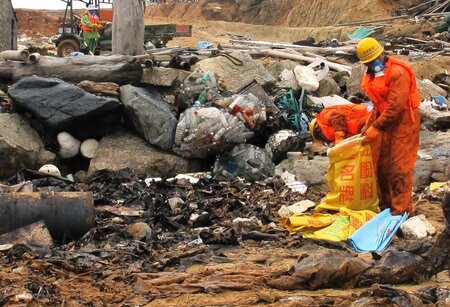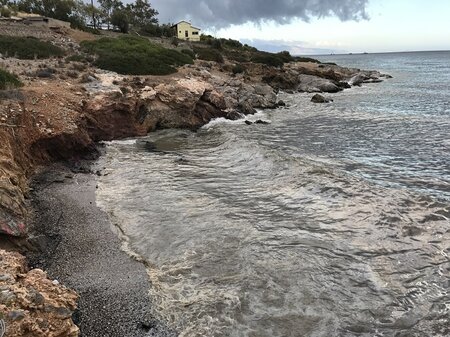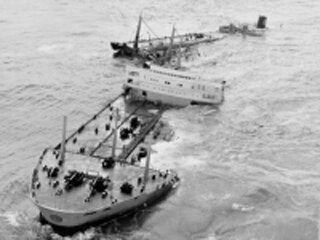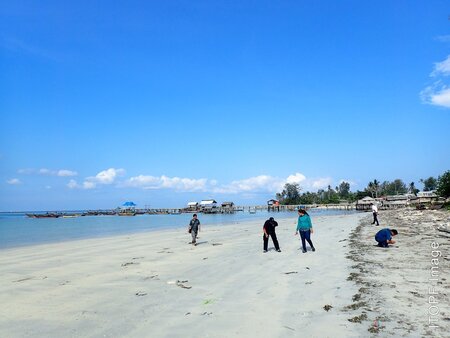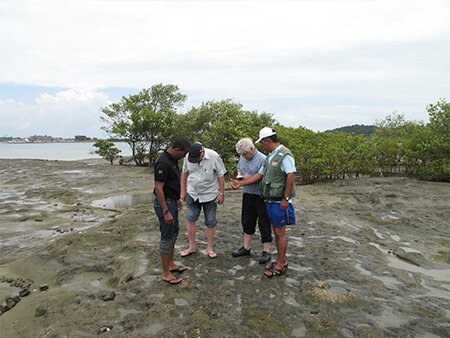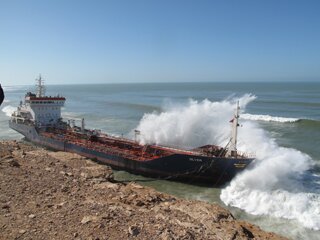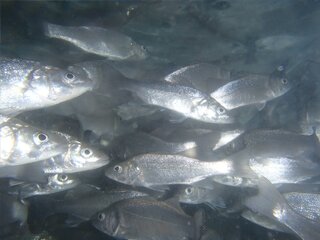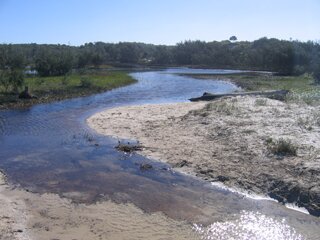Documents & Guides
Explore a variety of topics about marine spills, response and compensation matters in the pages below.
Each topic and area of interest provides access to more detailed documentation that is freely downloadable.
This includes our 18 Technical Information Papers which are fully illustrated with photos and diagrams and are available in several languages.
Alternative Fuels
What are the emerging alternative fuels and their associated risks, hazards, damages and liabilities?
Compensation for Ship-source Marine Oil Spills
What legal arrangements and sources of compensation are available for a spill from a ship?
Disposal
What planning and waste management systems need to be put in place to reduce the volume of oily waste for treatment or disposal?
HNS
What are the specific chemical response strategies for responding to a Hazardous and Noxious Substance spill, and what are the potential effects on human and marine life?
Contingency & Response Planning
What information is needed for an effective oil spill contingency plan? How can aerial observation and protective strategies assist with response operations?
Economic Effects
Which industries might suffer temporary economic losses and loss of market confidence?
Fate of Oil Spills
What happens to oil in the marine environment over time when spilled at sea? How do different factors such as volume and physical and chemical properties affect the fate of oil spills?
Explore the Resources
A case for incorporating Environmental Social & Governance (ESG) into spill response
Over recent years the shipping industry has begun to discuss issues relating to sustainability, often within the framework of Environmental, Social and Governance (ESG). In the context of ship-source pollution response, there is debate over how ESG can be practically incorporated into this emergency response sector, and concerns that it’s inclusion may lead to increased bureaucracy and higher workloads at moments when time is already at a premium. This paper therefore examines the feasibility and usefulness of monitoring sustainability during maritime pollution response, and provides practical recommendations on how ESG considerations can be tailored to the spill response sector.
Categories: Environmental effects, Economic effects, Planning & operations, Papers
Environmental damage: Changing perceptions and future outlook (2018)
Over the last fifty years, increased global awareness of environmental issues has led to growing recognition of environmental stewardship as an essential component of economic development.
Categories: Environmental effects, Papers
From the Torrey Canyon to today: A 50 year retrospective of recovery from the oil spill and interaction with climate-driven fluctuations on Cornish rocky shores (2017)
This paper highlights lessons learnt from observations stretching back 60 years, both before and after the Torrey Canyon spill, for rocky shore monitoring, especially the need for broad-scale and long-term monitoring to separate out local impacts (such as oil spills) from global climate-driven change.
Categories: Environmental effects, Papers
The use and misuse of SCAT in spill response (2017)
In this paper we review the use and misuse of SCAT in several recent smallscale incidents and discuss the implications for the wider implementation of SCAT moving forward.
Categories: Environmental effects, Papers
Are post-spill environmental studies becoming the norm? (2015)
This paper uses information from ITOPF attended incidents to look at trends in conducting post-spill studies, and offer a number of possible reasons for these trends; including a general heightened awareness of environmental issues leading to a shift in attitudes and expectations as well as legislative changes. The paper will also look at the implications of these trends for those involved with such studies and re-examine the ideal drivers for scientifically robust post-spill studies.
Categories: Environmental effects, Papers
The adaptation of mariculture practices in response to spilled oil (1999)
Oil spills may contaminate both mariculture facilities and livestock. Prevention of oiling should therefore be afforded a high priority. A number of traditional spill response measures but also self-help response options are open to mariculturalists, that may avoid or limit the effects of spilled oil. The advantages and drawbacks of each of these approaches in the context of oil spill response are discussed.
Categories: Response Techniques, Environmental effects, Papers
Ships and the marine environment (2001)
Ships interact with the environment in which they operate in many ways. Shipping casualties provide the most visual manifestation of the interaction between ships and the marine environment, especially if they result in the death of crew or passengers, or in the release of hazardous cargo or fuel.
Categories: Environmental effects, Papers
Fishing and harvesting bans in oil spill response (1999)
Fishing and aquaculture harvesting bans are increasingly used as an oil spill management tool, with the intention of protecting public health and consumer markets. Such bans are easily imposed, but a rational basis is needed for maintaining and lifting them. Scientific criteria offer the best prospect for administering fishery bans in a consistent way, but recent marine pollution incidents reveal contradictions in their application.
Categories: Environmental effects, Papers
Does cleaning oiled seabirds have conservation value? Insights from the South African experience with African Penguins (2007)
Although there is general consensus among investigators that large numbers of seabirds are killed as a result of oil spills, there is disagreement, mostly in the northern hemisphere, about the extent to which oil mortality is biologically significant to local, regional and global populations.
Categories: Response Techniques, Environmental effects, Papers
Approaches to environmental damage claims (2009)
This paper examines the differences between the approaches to environmental damage compensation under the US 1990 Oil Spill Pollution Act and the international regime.
Categories: Environmental effects, Compensation, Damage Assessment, Papers

